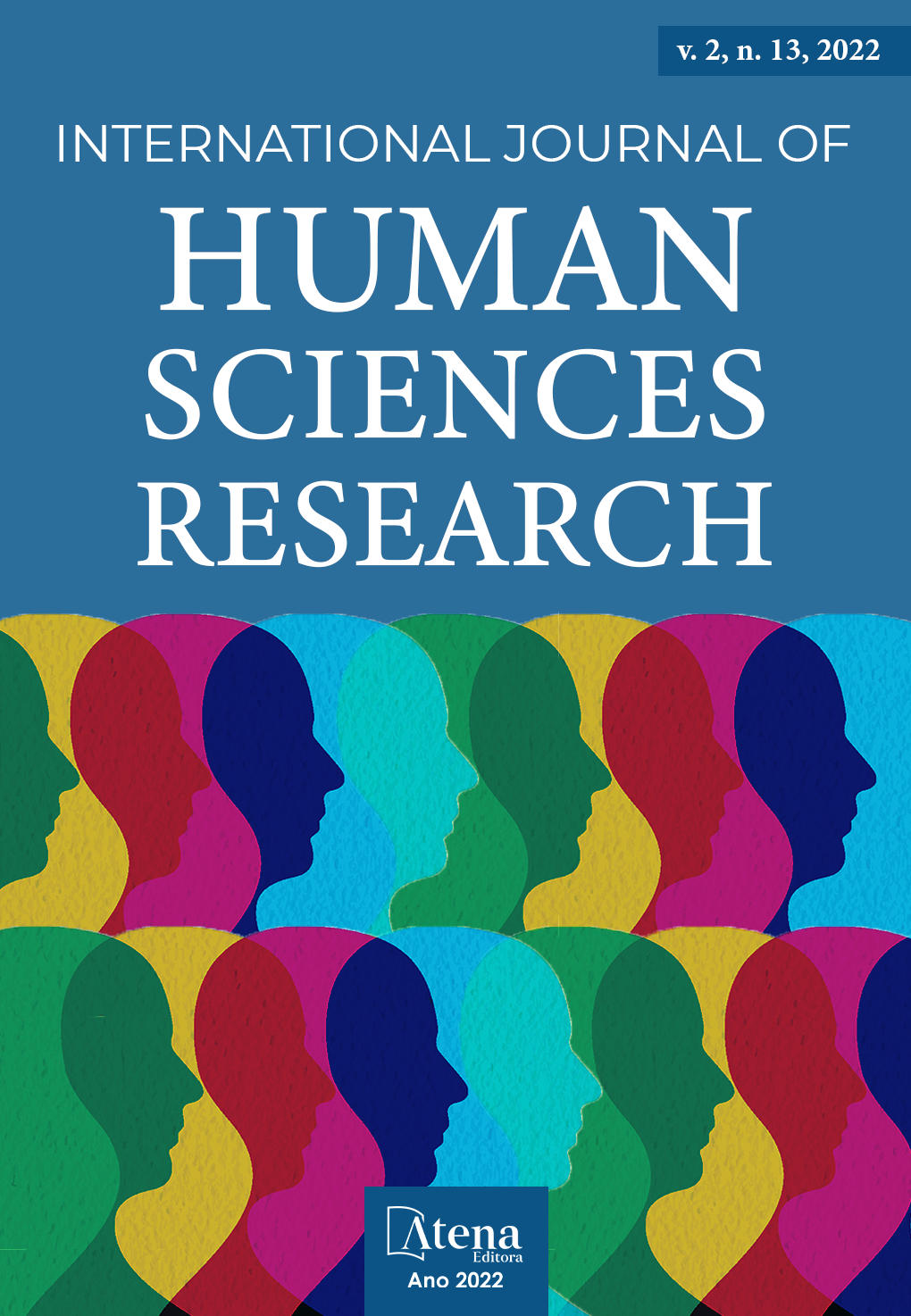
OUR STAGE IS THE STREET: REFLECTIONS ON URBAN CARIMBÓ AND THE PRACTICE OF MANGUEO AS A SOCIABILITY RESOURCE FOR THE AFFIRMATION OF THE RIGHT TO THE CITY
This work aims to analyze the practice of mangueo, the act of exchanging money for some object or performance, as a phenomenon of sociability printed within the cultural manifestation of carimbó produced in spaces in the metropolitan region of Belém for the affirmation of the right to the city by making use of the street as a stage and media for publicizing the work of carimbó ensembles. Based on testimonies collected from urban stampers with the objective of investigating the daily life of those who produce and experience carimbó through the appropriation of urban spaces in the face of the processes of spectacularization of the cultural industry and the appropriation of common urban spaces in the city by capital.
OUR STAGE IS THE STREET: REFLECTIONS ON URBAN CARIMBÓ AND THE PRACTICE OF MANGUEO AS A SOCIABILITY RESOURCE FOR THE AFFIRMATION OF THE RIGHT TO THE CITY
-
DOI: 10.22533/at.ed.5582132216055
-
Palavras-chave: urban carimbó – street – mangueo – city
-
Keywords: urban carimbó – street – mangueo – city
-
Abstract:
This work aims to analyze the practice of mangueo, the act of exchanging money for some object or performance, as a phenomenon of sociability printed within the cultural manifestation of carimbó produced in spaces in the metropolitan region of Belém for the affirmation of the right to the city by making use of the street as a stage and media for publicizing the work of carimbó ensembles. Based on testimonies collected from urban stampers with the objective of investigating the daily life of those who produce and experience carimbó through the appropriation of urban spaces in the face of the processes of spectacularization of the cultural industry and the appropriation of common urban spaces in the city by capital.
-
Número de páginas: 15
- Daniel da Rocha Leite Junior


